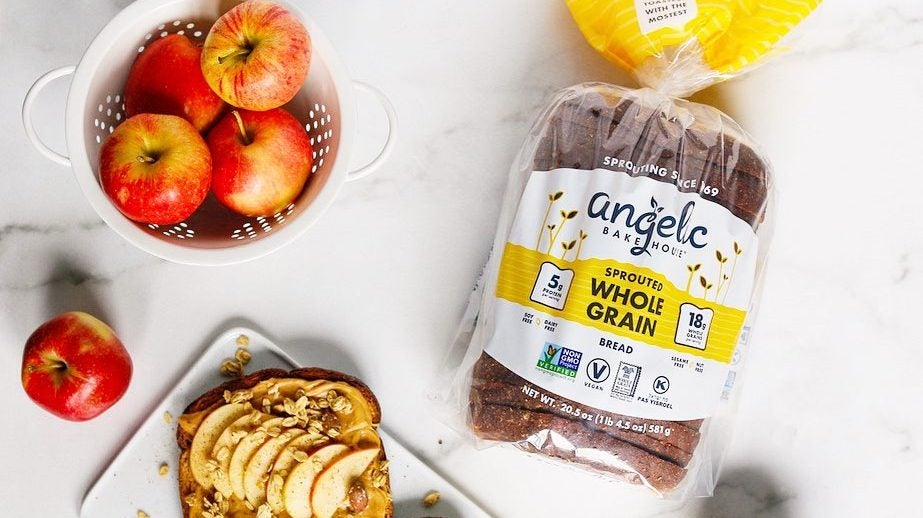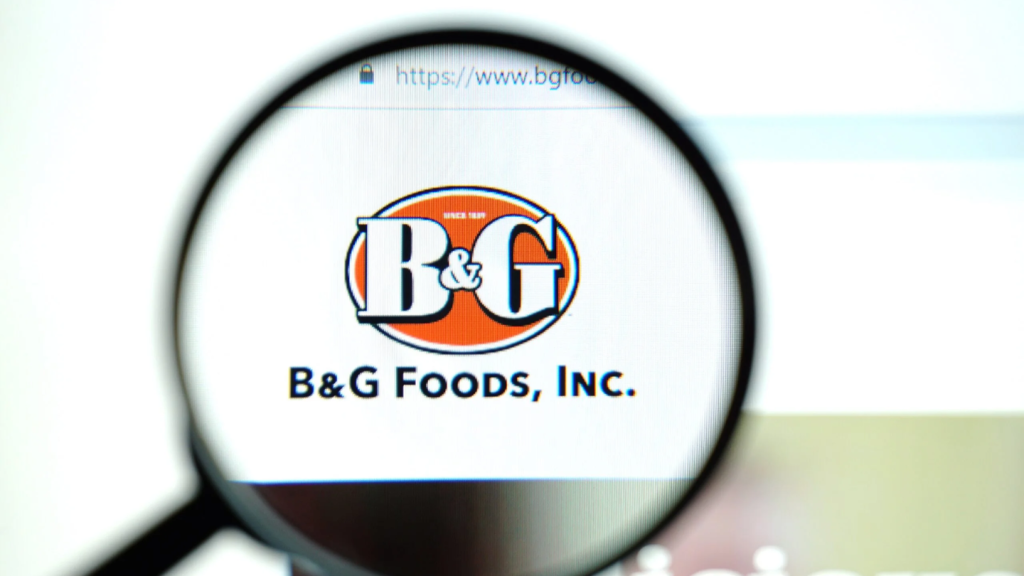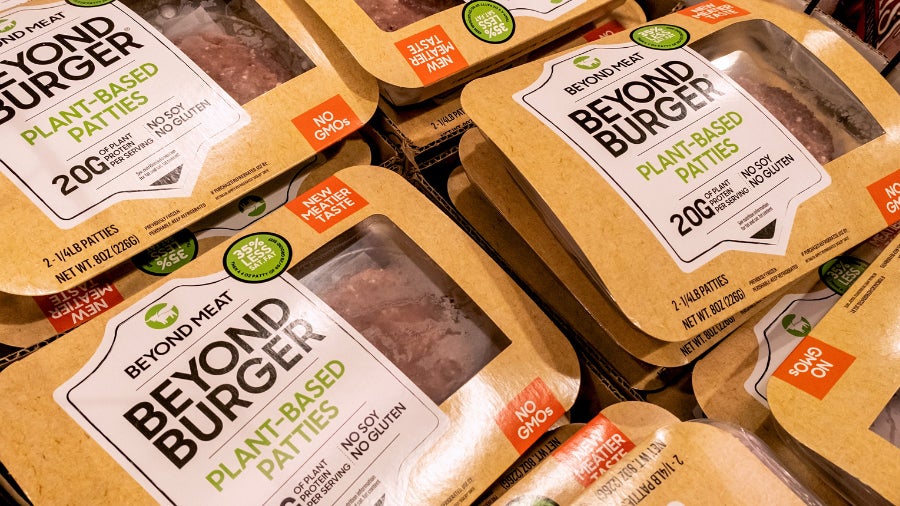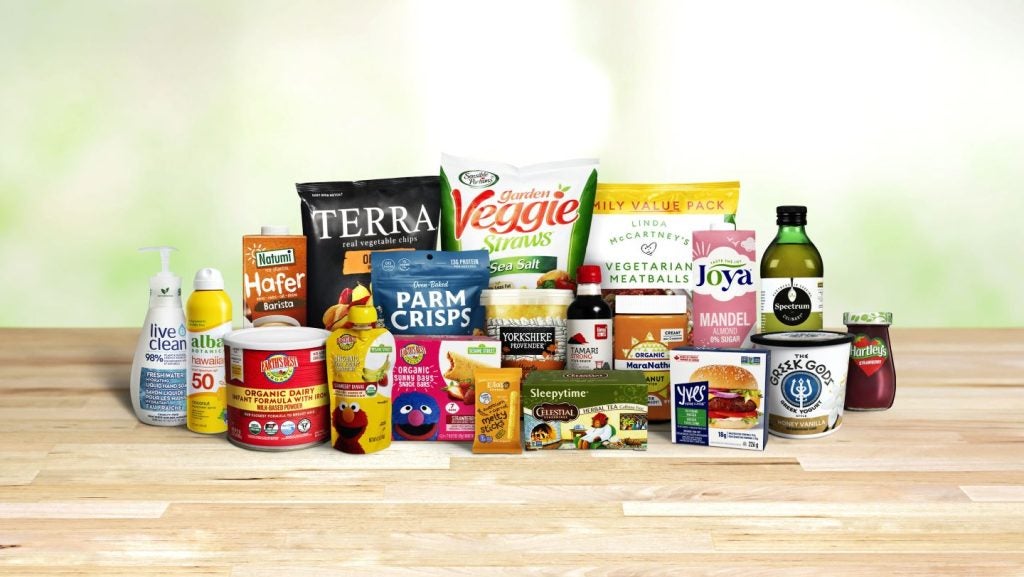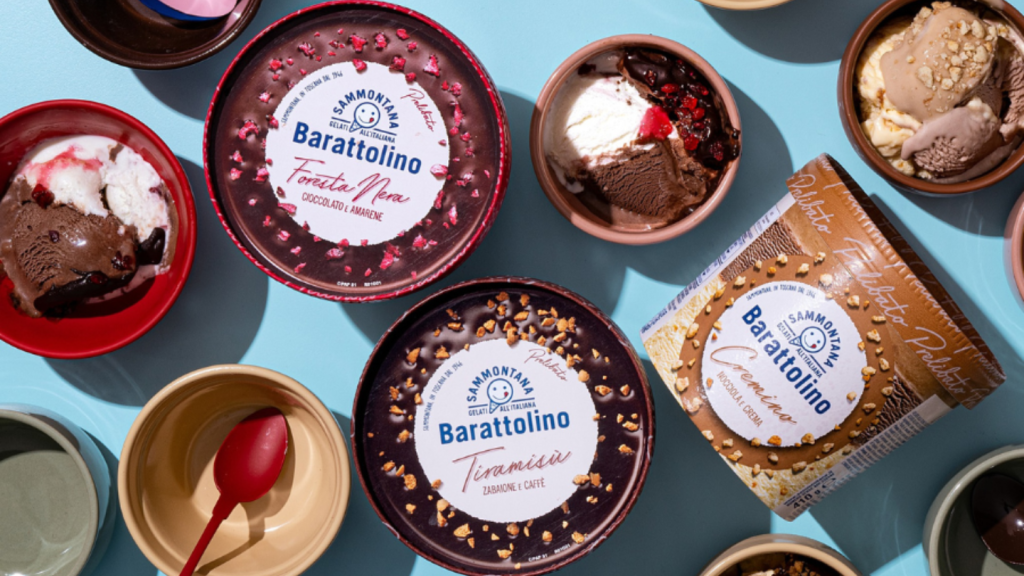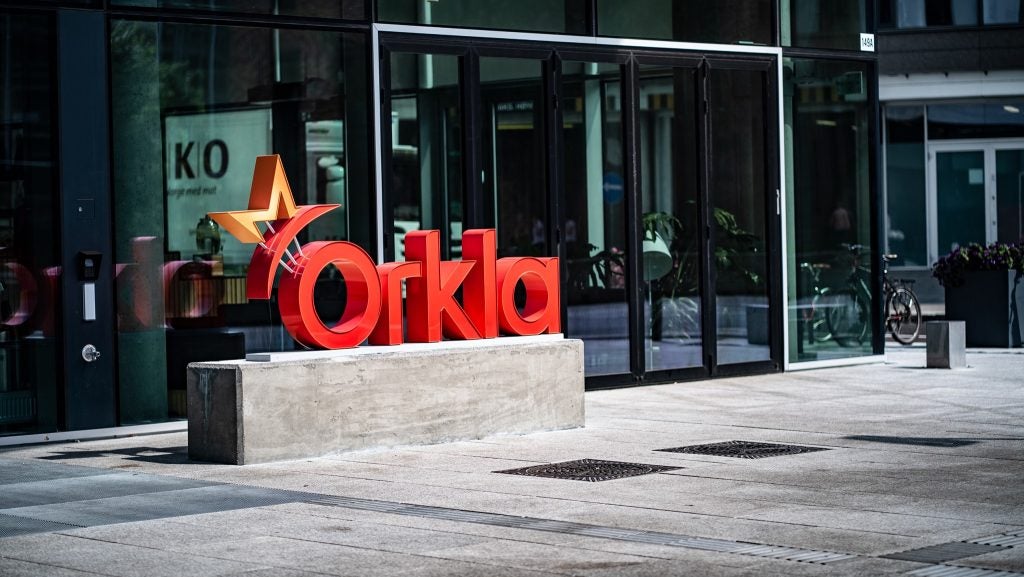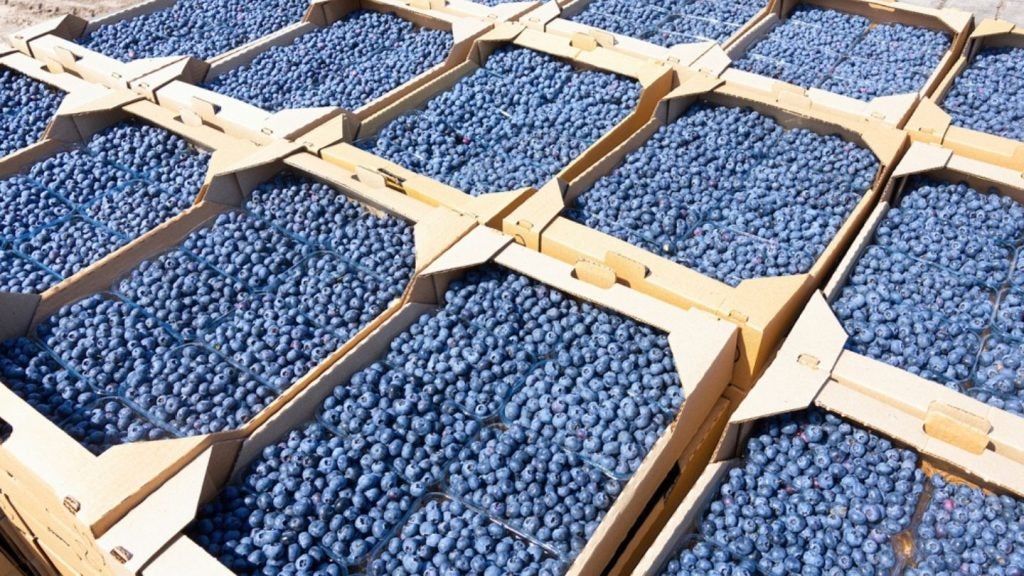US food group Lancaster Colony has stopped the production of its Flatout and Angelic Bakehouse bakery brands and closed the facilities where the products were made.
The decision to shut the Flatout facility in Saline, Michigan and the Angelic Bakehouse facility in Cudahy, Wisconsin, has impacted 80 employees, 40 at each site.
In commentary accompanying the release of its fiscal third-quarter financial results, the Ohio-based company’s CEO David Ciesinski said production of those brands ceased in March.
He said: “Following a review of our product portfolio, we made the difficult decision to exit our perimeter-of-the-store bakery product lines, specifically our Flatout and Angelic Bakehouse brands, which were not significant contributors to our overall financial results.
“Both brands were typically sold in the deli section of the grocery store with product offerings that included Flatout flatbread wraps and pizza crusts and Angelic Bakehouse sprouted grain bread loaves and wraps.
“Unfortunately, due to a lack of scale and direct-to-store distribution capabilities, we were not able to achieve the desired operational or financial performance for these product lines.”
Ciesinski said Lancaster Colony will now increase its focus on other existing products and specific channels.
“With our decision to exit these product lines now behind us, we will direct even greater focus toward the continued growth of our core retail brands, including New York Brand Bakery, Sister Schubert’s and Marzetti, our retail licensing programme and our foodservice business,” he said.
Retail licensed products made by the company include Chick-fil-A, Texas Roadhouse and Subway sauces and dressings.
Lancaster Colony acquired Flatout from private-equity firm North Castle Partners for around $92m in 2015. It acquired Angelic Bakehouse from its founders a year later for an undisclosed sum.
In its third quarter ending 31 March, Lancaster Colony’s sales increased 1.4% year-on-year to a "record" $471.4m.
Operating income increased $5.7m to $35.1m “due to solid growth in the
underlying performance of the business partially offset by the impacts of our decision to exit our perimeter-of-the-store bakery product lines which resulted in costs totalling $14.7m”.
Net income was up 15% at $28.35m.
Looking ahead to its fourth quarter, Ciesinski said he anticipates retail sales will continue to benefit from its licensing programme. In foodservice segment, the company expects continued volume growth from select quick-service restaurant customers and its branded foodservice products but “deflationary pricing is projected to remain a headwind to foodservice segment net sales”.


